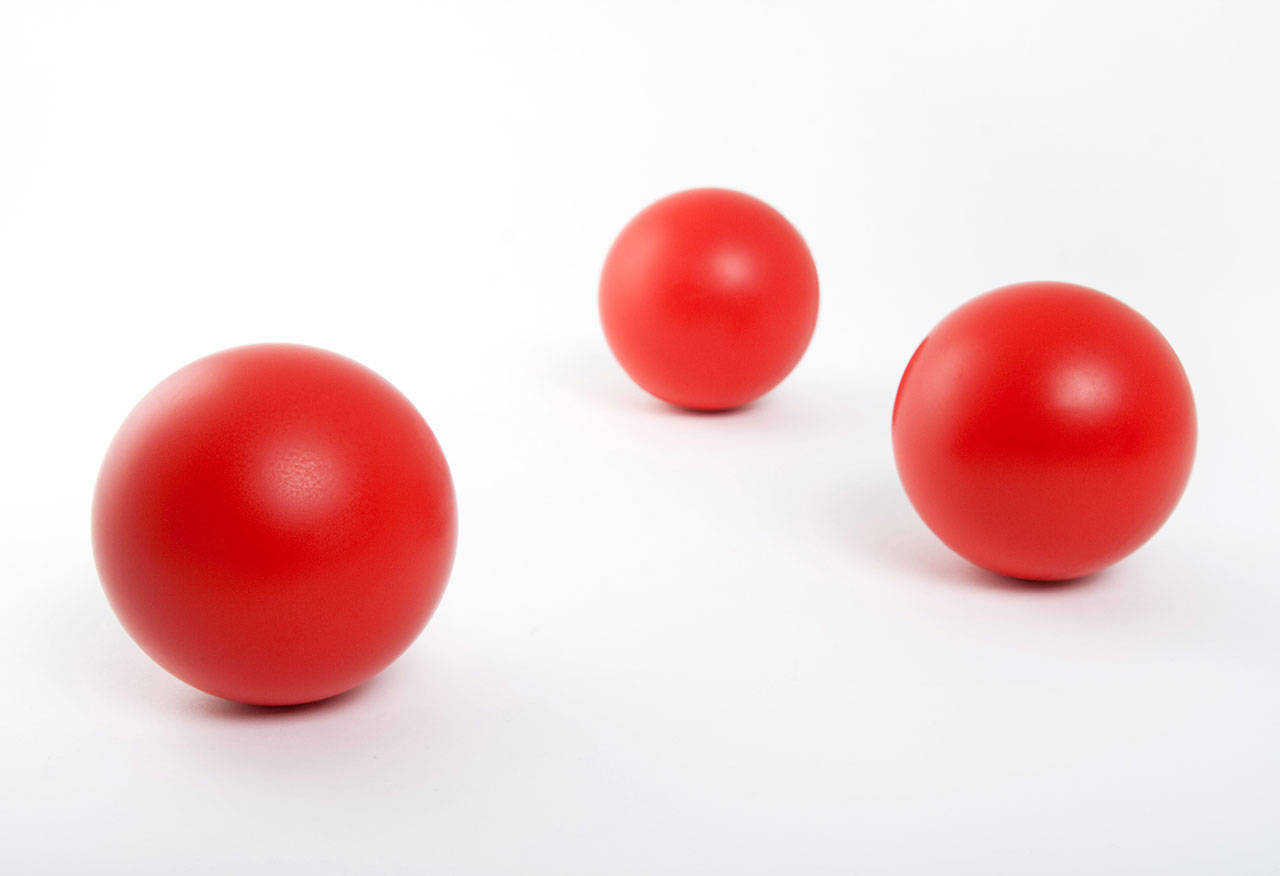By The Herald Editorial Board
Ramya Arumilli, Ashley Duong and Jinyang “Alice” Zhang are like a lot of their fellow students at Mukilteo’s Kamiak High School.
Juniors, the three already are thinking about college majors, each choosing demanding fields in public health or pre-medicine, dentistry or computers and information technology. And the three, along with keeping up grades, somehow have enough time to devote to an Associated Student Body club at the high school for which they organize public service projects, advocate for public policy changes and raise awareness among their fellow students.
It’s the club’s mission that sets them apart. The three young women want to reduce the stigma and see some policy changes made regarding menstruation.
The period.
Their ASB club at Kamiak is one of about a dozen such high school and college chapters of Period. The Menstrual Movement in Washington state, a nationwide nonprofit that promotes menstrual care as a basic right through a range of service, education and advocacy projects.
Their club activities mirror that of the national movement.
In addition to writing a guest commentary published in The Herald in June, the three have written and talked with school officials, lawmakers and others about stocking the women’s bathrooms at their high school with free tampons and pads and want to see the state remove the sales tax from those hygiene products.
As a public service project, the three assemble “periods packs,” care packages of tampons and menstrual pads that they have distributed to women’s shelters. If homeless women don’t have access to these products because of their expense, they often make do with toilet tissue, socks or paper bags, unhygienic alternatives that can lead to infections and toxic shock syndrome, a potentially fatal bacterial infection.
Through social media, rallies and daily interaction with fellow students, faculty and administrators, the young women are encouraging people to have adult conversations about good hygiene, public health and a natural function of the body of a menstruater, a term they prefer because it’s inclusive of trans people.
Among the outreach work, the Kamiak Period club, joining other state chapters, plans to participate in an Oct. 19 rally at Seattle’s Cal Anderson Park.
It’s not always an easy conversation. Boys aren’t the most receptive to the message, the three said, and even girls tend to speak in hushed tones and euphemisms if someone needs to borrow a pad or tampon.
“They’ll talk about ‘Aunt Flo,’” Zhang said. “It’s OK; you can say ‘period.’”
It’s that hesitancy regarding menstruation that complicates what they’re are trying to do.
In asking school administrators to provide free pads and tampons in restrooms, the students were advised to set up a program with the school nurse, from whom students could request one.
But why, asked Duong, make students request a tampon? Why not just provide them where they’re most accessible. And why charge for a basic necessity that really is no different than toilet tissue or hand soap?
When the club wanted to host a fundraiser to offset the costs of assembling the period packs for shelters, they were told that ASB rules wouldn’t allow them to make a gift of the money they raised. But they could use the money and buy themselves pizza, they were told. Insert eye-roll emoji.
There are pockets of progress throughout the country. Tampons and pads are not taxed in California, New York, Pennsylvania and a few other states, but taxed in Washington and 36 other states. California also passed legislation in 2017 that requires public middle schools and high schools where 40 percent of the student body are at the federal poverty level to supply at least half of restrooms with free pads and tampons.
Washington state lawmakers have considered removing the sales tax from feminine hygiene products as recently as the 2018 session. Senate Bill 5093 recognized the unfair burden that such a tax places on women and the inequity caused by a regressive tax for lower-income women.
“Feminine hygiene products are not a discretionary purchase, they are a necessity for which there is no alternative for females to maintain proper health and hygiene,” the legislation said.
The bill got a hearing before the Ways and Means committee, where no one spoke against it, but it progressed no further.
It’s not a stretch to view tampons and menstrual pads as being little different from toilet tissue, a necessity that is routinely supplied in public restrooms. For schools and colleges, which have an interest in making every effort to encourage attendance, those products should be free and easily accessible. A period shouldn’t be allowed to keep a student home.
And out of simple fairness and to encourage hygiene and health, the state Legislature should take up its earlier legislation and end the sales tax on pads and tampons.
Period.
Talk to us
> Give us your news tips.
> Send us a letter to the editor.
> More Herald contact information.

























